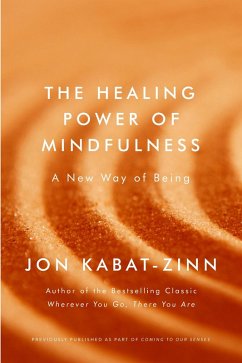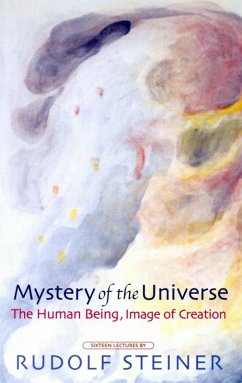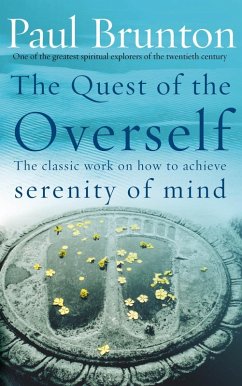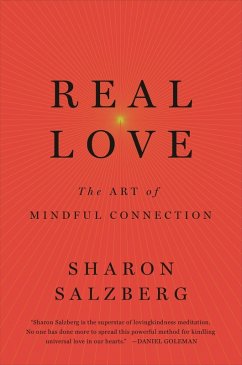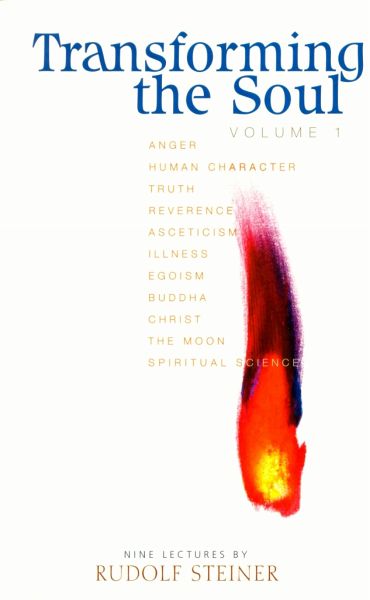
Transforming The Soul: Volume 1 (eBook, ePUB)
Versandkostenfrei!
Sofort per Download lieferbar
8,99 €
inkl. MwSt.
Weitere Ausgaben:

PAYBACK Punkte
0 °P sammeln!
The spiritual-scientific investigator has ... to transform the soul itself into an instrument; then - when his soul is awakened and he can see into a spiritual world - he experiences, on a higher level, a similar great moment as blind people do when, having been operated upon, they look at a world they have not seen before. In a key series of lectures on personal development, Rudolf Steiner explains that the central mission of spiritual science is to enable people to ascend, in full consciousness, to a knowledge of spiritual realities. But given that the means to achieve spiritual perception a...
The spiritual-scientific investigator has ... to transform the soul itself into an instrument; then - when his soul is awakened and he can see into a spiritual world - he experiences, on a higher level, a similar great moment as blind people do when, having been operated upon, they look at a world they have not seen before. In a key series of lectures on personal development, Rudolf Steiner explains that the central mission of spiritual science is to enable people to ascend, in full consciousness, to a knowledge of spiritual realities. But given that the means to achieve spiritual perception are now widely available, the danger exists that some individuals will gain access to the spiritual world whilst harbouring impure motives. This can lead to a distorted understanding and vision of that world. Steiner's emphasis, therefore, is on the preparatory steps - the metamorphosis and purification of the human soul - required for achieving true spiritual enlightenment. Life itself teaches and prepares us for progress, and anthroposophy explains and brings this to consciousness. In some of his most lucid lectures, Steiner describes the missions of anger, truth and reverence, the significance of human character, the meaning of asceticism and illness, and the phenomenon of egoism. He also clarifies the differences between Buddhism and Christianity, describes the goal of spiritual science, and makes some esoteric observations about the moon. Throughout the talks Steiner refers to many significant historical figures, including St Augustine, Coleridge, Leonardo da Vinci, Madame Blavatsky, Goethe, Homer, and Shakespeare.
Dieser Download kann aus rechtlichen Gründen nur mit Rechnungsadresse in A, B, BG, CY, CZ, D, DK, EW, E, FIN, F, GR, H, IRL, I, LT, L, LR, M, NL, PL, P, R, S, SLO, SK ausgeliefert werden.










